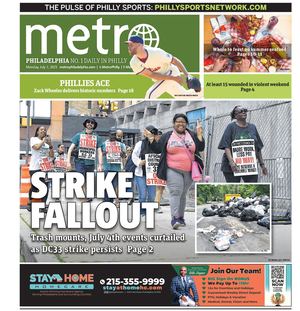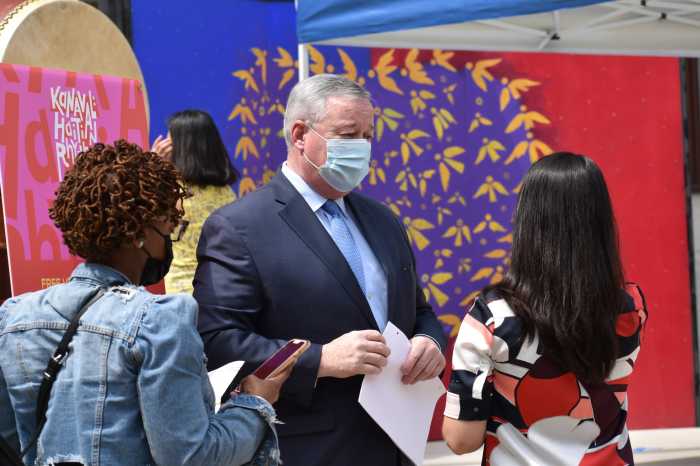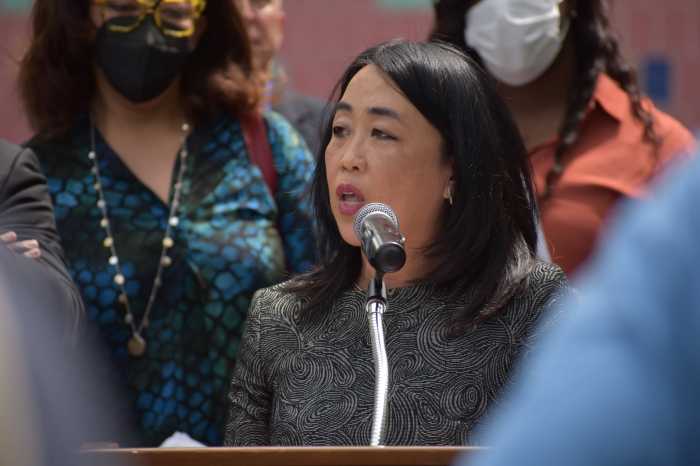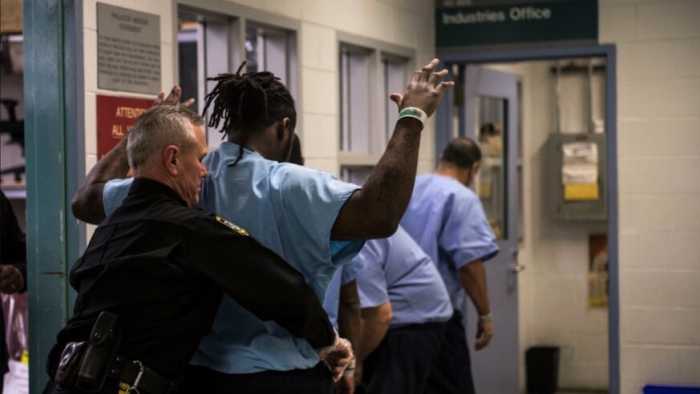Modernizing Philadelphia’s trolley system. Replacing outdated rail cars. Extending the Norristown High Speed Line to King of Prussia.
For the past decade, funding for such projects — SEPTA’s multimillion-dollar capital program — has come from the Pennsylvania Turnpike Commission.
But that cash flow is set to be cut off next fiscal year, which begins in July, a prospect that has been looming over the authority for months.
That’s why SEPTA was “very encouraged” that Gov. Tom Wolf’s proposed budget, released Tuesday, rearranges the funding to come from the motor vehicle sales tax, authority spokesman Andrew Busch told Metro.
A 2013 law, which established the current arrangement, provided for the switchover, but the change still needs to be codified through the state’s budgetary process; there has been some concern from SEPTA that it wouldn’t happen.
Moving the funding stream to the vehicle sales tax would allow the authority to borrow against the money, allowing SEPTA to capitalize even further. The authority cannot issue bonds based on the Turnpike dollars because the commission has already borrowed on that funding.
“I don’t know yet, in dollars, how much more that is going to mean for our capital budget yet,” Busch said. “We still have to do some assessments related to that.”
Being able to issue bonds “will give us growth in the capital budget to start moving forward in a meaningful way on things like trolley modernization and preparing for rail vehicle replacements,” he added.
Even without the loans, the vehicle sales tax revenue will likely provide a similar amount to the approximately $200 million a year SEPTA received from the Turnpike Commission.
Republicans in Harrisburg could stand in the way of Wolf’s $43.7 billion plan, which is highlighted by a $1.55 billion increase in basic education funding and a proposal to raise the state’s minimum wage.
GOP leaders have cast the plan as an irresponsible spending spree that could hurt the state’s fiscal security in the years ahead.
Significant alterations are expected as the sides negotiate.
Wolf, a Democrat, promoted his budget proposal Wednesday with a stop in Erie, visiting teachers and students to tout what he described as a “historic, life-changing investment” in schools.
Though much of the governor’s focus is on education, SEPTA’s government relations staff will spend the coming months at the state capitol to ensure the new capital funding system makes it into the final budget legislation, Busch said.
In some cases, to convince hesitant lawmakers, who could be from rural sections of the state with little public transit infrastructure, SEPTA’s staff will point to plants in their regions that manufacture parts that could be used for trains, trolleys and buses.
“There’s a lot of manufacturing in Pennsylvania that we utilize and even more that we could (utilize) if we had more funds,” Busch said.































